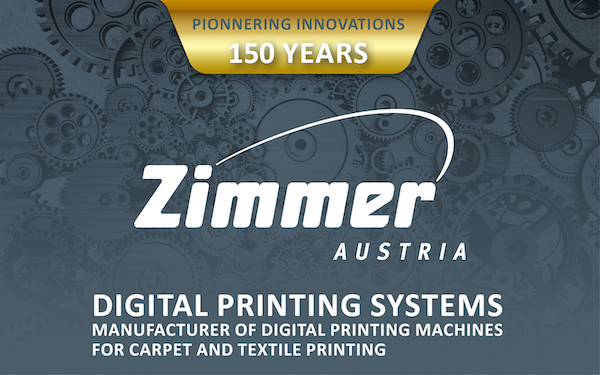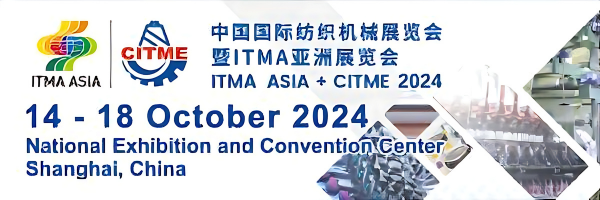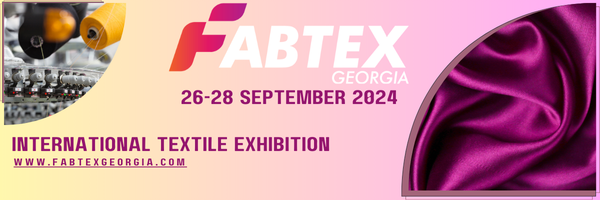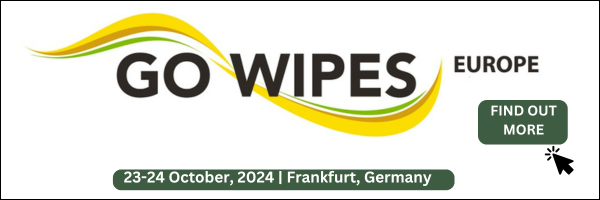interview with Mr Sanjeev Bhartia – Marketing Director / Dhanesh Weaving Pvt Ltd
By Kohan Textile Journal
We are not the first to say it and we won’t be the last. When it comes to pollution, the fashion industry is one of the largest contributors in the world.
About Dhanesh Weaving company, history and success story:
Dhanesh Weaving Pvt Ltd is primarily a textile company based out of Mumbai, India. It has been in this field for more than 50 years spanning three generations and having its presence in many locations with its multiple manufacturing facilities.
The company has grown, matured and diversified its business into many different fields; this has been done through joint ventures and collaborations within the field of Textile as well as into diverse businesses like Construction and Property Leasing.
There has been a joint venture with Eco Park Developers Ltd for its construction activities. The Joint Venture has created large spaces of commercial complexes within the capital city of Mumbai which is also a financial hub of India.
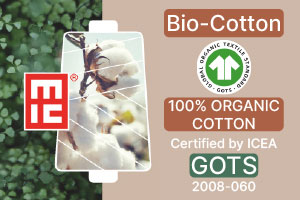
In Textiles, There is a collaboration with Le Metier which is a well-established company which was very successful and eventually acquired by the Japanese firm ITOCHU. The takeover had a Non-Compete clause for a certain period. After the Non-compete period was completed Mr Sai Kher (Promoter of Le Metier) started a new company and then join hands with Dhanesh Weaving Pvt Ltd forming Le Metier Pvt Ltd – India having its head office in Delhi. So, Le Metier India is a Joint Venture between Dhanesh Weaving & Le Metier wherein both the companies are 50% shareholding. Also, our company collaborated with Iron Zero, UK where develop and import Wrinkle Free Cotton.
2. What is your range of products? Which countries are your main export markets?
Dhanesh weaving has the production of around 6 Million Mtr per Annum. We are into Woven Fabric, Knitted Fabric, Needle Punch Non-Woven fabric. We deal in Sustainable fabric like Hemp, Linen, Cotton, Silk, Bamboo, Wool, Bemberg, Jute and make diverse products out of that. We export to all Six Continents now. Very strong in USA and Canada. Also Australia. Looking to expand our base in the Middle East, Africa, Australia.
3. You are a pioneer textile company in Natural and sustainable fabric production. Why sustainable textile and fabric are important for us? What is a sustainable fabric specification?
Sustainability is based on a simple and long-recognized factual premise: Everything that humans require for their survival and well-being depends, directly or indirectly, on the natural environment. We breathe, the water we drink, and the food we eat, all are provided by the environment which has been unintentionally jeopardized by human beings on the cost of an overrun civilization.
Textiles and fashion are one of the most polluting industries in the world. Every stage in a garment’s life, from the attainment of fibre to the disposal threatens our planet and its resources and also social life standards. Hence Sustainable products, Sustainability Plays a very important role for the survival of Mankind.
4. How natural and sustainable fabrics add value to apparel and other final products?
We are not the first to say it and we won’t be the last. When it comes to pollution, the fashion industry is one of the largest contributors in the world.
Not only does it pollute, but the materials that make up the fabrics used directly impacts and contributes to consumption of water, microplastic pollution, greenhouse gas emissions, soil degradation, rainforest destruction and lastly landfill waste of epic proportions. Sustainable Textiles paves the way for a better world and add tremendous value.
5. How do you evaluate textile and fabric weaving industry in India?
The textile and apparel industry is one of the earliest industries to have developed in India. Its inherent and unique strength is its incomparable employment potential owing to the presence of the entire value chain from fibre to apparel manufacturing within the country. It is the biggest employer after agriculture and provides direct employment to 50 Million people and another 50 Million in allied sectors. India needs to generate jobs that pay well, provide social protection to workers, support efficient production for export markets, and hold the potential for social transformation. The textile industry meets all these criteria. India is the second-largest manufacturer of textiles and clothing in the world. India is also the second-largest exporter of textiles and apparel with a share of 5% of global trade.
6. How Pandemic affect your business and export market? How do you predict 2021 for textile and fabric business?
COVID-19 has not spared any industry, so in the case of Textiles, it is no exception. Demand for Textile goods and products was suddenly dropped drastically domestically and internationally. We were no exception. There is huge progress in research and development in Medicine for COVID and we strongly feel that 2021 would be a very very exciting, purposeful and profitable year for Textile Industry.
7. As a fabric producer in India, how do you evaluate the textile and fashion industry in the Middle East and Africa and its potentials for Future. Do you have export to this region?
Sustainable practices in Textile Industry include using fewer amounts of water, hazardous chemicals, pesticides, and fertilizers; adopting eco-friendly production processes; using less energy for production processes; and introducing 3 Rs—Reduce, Reuse, and Recycle. For us , It is kind of fighting a battle for Sustainability. We want to take our sustainable products every nook and corner of the World.





